- Overview
- Types
- Symptoms
- Causes & Risks
- Tests & Diagnosis
- Treatment
- Living With
- Mobility & Assistive Devices
- Complications
- Caregiving & Support
- Appointment Prep
- View Full Guide
Understanding Vitamins and Supplements for MS

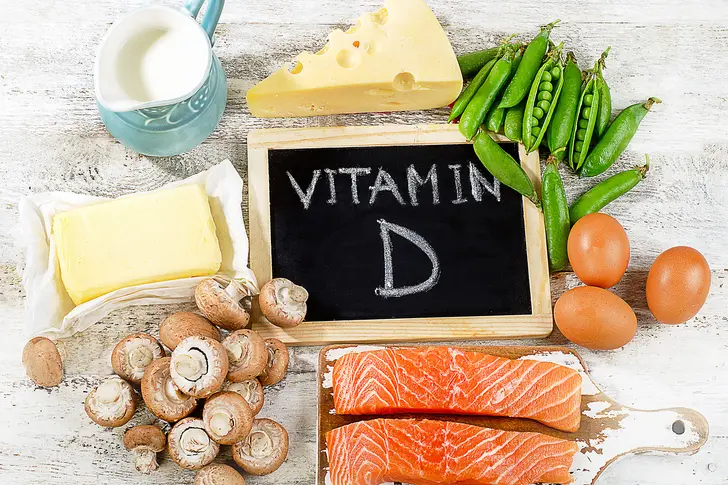
Vitamin D and MS
Vitamin D may reduce the risk of developing MS and improve outcomes for those who have already been diagnosed. People with low levels of vitamin D may be more likely to have frequent flare-ups. You can get vitamin D from sunlight and foods like fatty fish, dairy, and eggs.
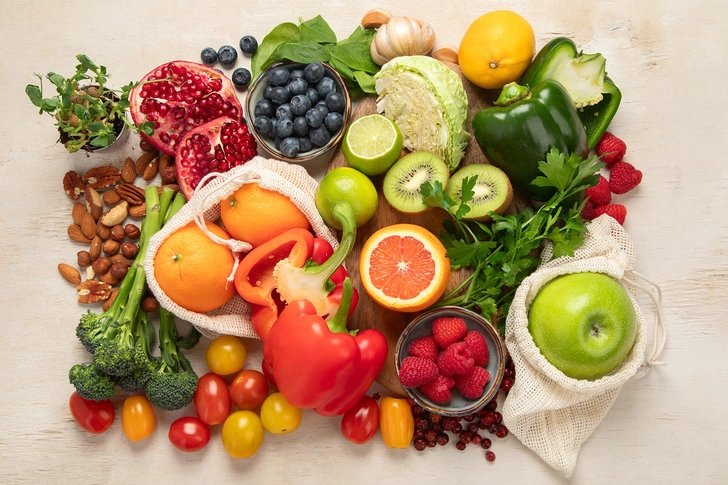
Antioxidants: Vitamins A, C, and E
These vitamins might reduce cell damage caused by free radicals, potentially slowing MS progression. However, they might also counteract MS treatments that suppress the immune system. It's best to get these vitamins from a diet rich in fruits and vegetables.
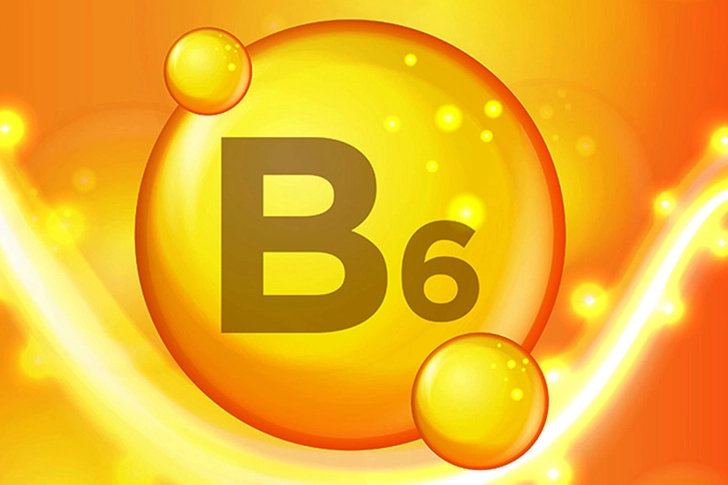
Vitamin B6: Myth vs. Reality
Some believe vitamin B6 boosts energy, but there's no supporting evidence. Overconsumption can lead to symptoms similar to MS. The recommended daily intake is between 1.3 to 2 milligrams. A balanced diet usually provides enough B6.
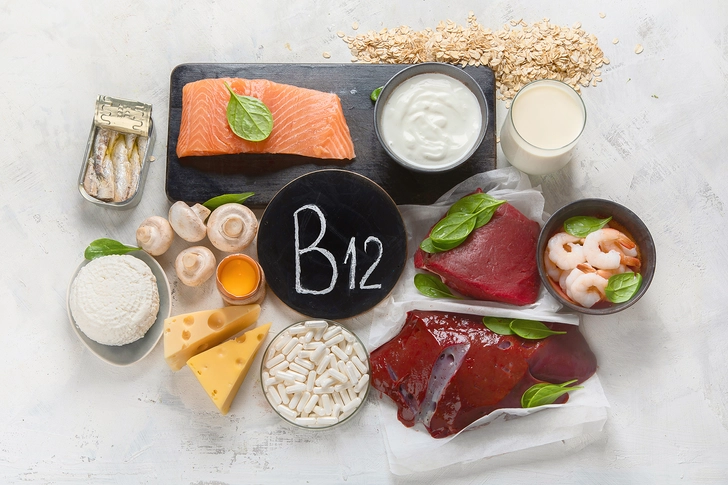
Vitamin B12 and MS
Lower levels of vitamin B12 are often seen in MS patients, but supplements don’t clearly improve symptoms. Vegetarians should monitor their B12 levels since it's mostly found in animal products. Consult your doctor about your B12 needs.
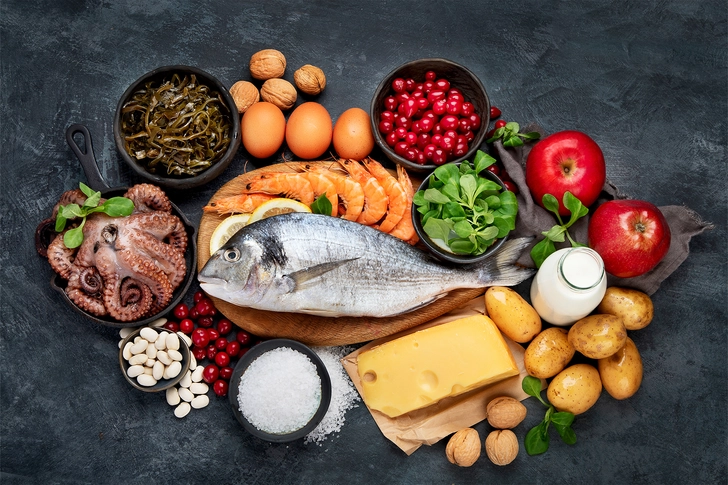
Selenium: Benefits and Risks
Low selenium levels are common in MS patients, but, again, supplements may worsen symptoms. It's best to get selenium from food sources like seafood and grains. Always talk to your doctor before starting selenium supplements.
PHOTO CREDENTIALS
Slide 1: Tatjana Baibakova/Shutterstock
Slide 2: Tatjana Baibakova/Shutterstock
Slide 3: Wangsinawang Art/Dreamstime
Slide 4: Tatjana Baibakova/Shutterstock
Slide 5: Arne Trautmann/Shutterstock
SOURCES
Journal of Alternative Medicine: "Ginseng as a Treatment for Fatigue: A Systematic Review."
Journal of Korean Medical Science: "Efficacy of Ginseng Supplements on Fatigue and Physical Performance: a Meta-analysis."
Annals of Internal Medicine: "Echinaceas for Treating the Common Cold: A Randomized Trial."
Bowling, Allen C. Optimal Health with Multiple Sclerosis: A Guide to Integrating Lifestyle, Alternative, and Conventional Medicine, Demos Health, October 2014.
ASN Neuro: "Zinc in Multiple Sclerosis: A Systematic Review and Meta-Analysis."
Jama Neurology: "Use of Vitamins and Dietary Supplements by Patients With Multiple Sclerosis: A Review."
CNS Drugs: "The evidence for a beneficial role of vitamin A in multiple sclerosis."
Johnson, S.K., Explore, published online January 2006.
eNeurologicalSci: "A review on potential roles of vitamins in incidence, progression, and improvement of multiple sclerosis."
Nutrients: "Does Vitamin C Influence Neurodegenerative Diseases and Psychiatric Disorders?"